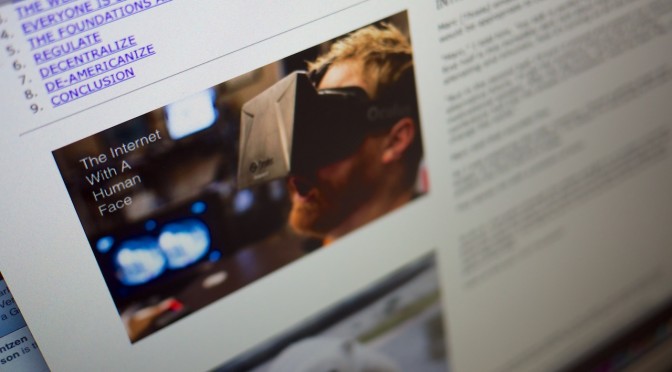This is probably a sign that I need to dust off one of my personal blogs, but to be fair I do spend a chunk of time trying to work out how science communication (and particularly online engagement) can be sustainable. Which in practice means: trying to work out what the business model is for STEM engagement.
Which in turn means: advertising.
OK, that’s a bit cynical, and there are plenty of circumstances where, it turns out, people will actually pay for public engagement (I know, radical thought, right?). However, for at least some web-based projects one could do, advertising would end up being key. And that’s awkward, because:
- Online advertising is more-or-less loathed by everyone, and
- It doesn’t work anyway, partly because of (1).
Ask me about children’s science TV if you want to know my opinions on advertising-backed business models. Been there, done that, still in therapy over it.
Meanwhile, this wonderful recent conference presentation/essay by Maciej Ceglowski spans memory, privacy, and the broken startup ecosystem. Likening venture capital pitches to selling advertising futures is, I think, a brilliant and insightful criticism.
Quora’s declared competitor is Wikipedia, a free site that not only doesn’t make revenue, but loses so much money they have to ask for donations just to be broke.
Recently, Quora raised $80 million in new funding at a $900 million valuation. Their stated reason for taking the money was to postpone having to think about revenue.
There are times when I find it frustrating that our only real models for scicomms are enlightened self-interest (ie. forget the business model and do it anyway) and grant funding (ie. enlightened self-interest by someone with more money than you). Then I remember that the whole point is: people pay for things they value. We only assume those things are goods and services – they can also be something less tangible, like ‘the public good.’
I often think we should be less apologetic about that.
Ceglowski’s presentation is long, but worth your time.



